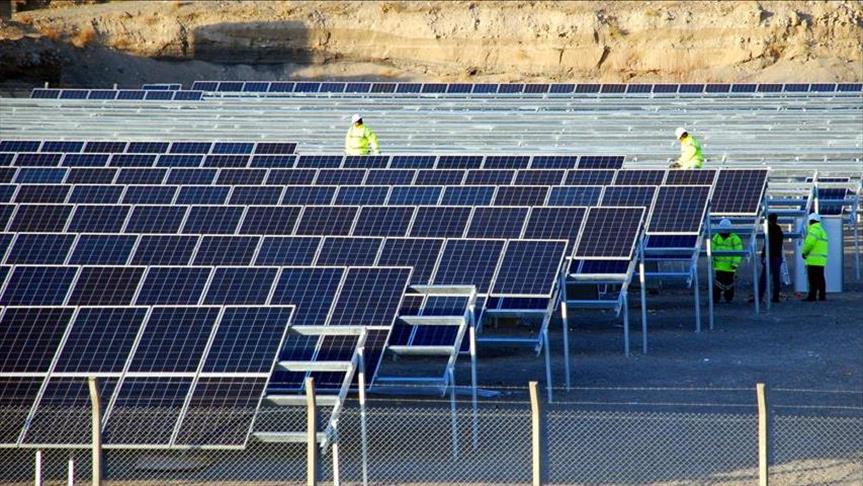The European Investment Bank, or EIB, and French energy group Engie agreed on a new off-grid solar scheme to enable millions of Ugandans to access reliable and cheap electricity for the first time, according to an EIB statement on Tuesday.
The initiative will allow more than 1.4 million rural Ugandan residents, small holders and entrepreneurs in remote villages across the country to gain access to clean electricity for the first time.
Only one in five Ugandans living in remote communities and rural areas have access to sufficient electricity.
The EIB said it would provide a $12.5 million loan to support the deployment of 240,000 high-quality solar home systems in Uganda by Fenix International, a subsidiary of ENGIE.
"Over a million people across Uganda will be able to access electricity for the first time that will power communications, provide light and make cooking easier. This scheme will also reduce the use of kerosene, charcoal and candles to help families save money, reduce pollution and reduce the risk of accidents," Ambroise Fayolle, European Investment Bank vice president, was quoted as saying in the statement.
The initiative also aims to provide economic, social, educational and health opportunities for families and entrepreneurs who are unable to connect to the national electricity network by enlarging the adoption of off-grid solar energy, EIB said.
Following the new agreement, the EIB said that entrepreneurs and smallholders across Uganda would be able to access electricity for mobile phones, solar lighting, refrigeration, radio and television. It will also help farmers sell produce, create new markets for traders and improve health.
Provision of a PAYGO (pay-as-you-go) model will allow families who are unable to afford the upfront costs of solar home systems to repay the equipment cost over years at less than $0.20 a day.
The new European Investment Bank financing will also allow repayment in Ugandan shillings of equipment purchased in US dollars. Previously, currency fluctuations hindered the provision of affordable clean energy solutions to Ugandans without access to foreign currency.
"Providing access to energy in Africa is a huge undertaking but I firmly believe that universal access to energy is achievable in the foreseeable future, through smart investments in a combination of national grid extension, solar home systems and mini-grids," said Yoven Moorooven, CEO of ENGIE Africa.
Over the last decade, the EIB has provided more than €5.4 billion for clean energy investment across Africa.
By Sibel Morrow
Anadolu Agency
energy@aa.com.tr


